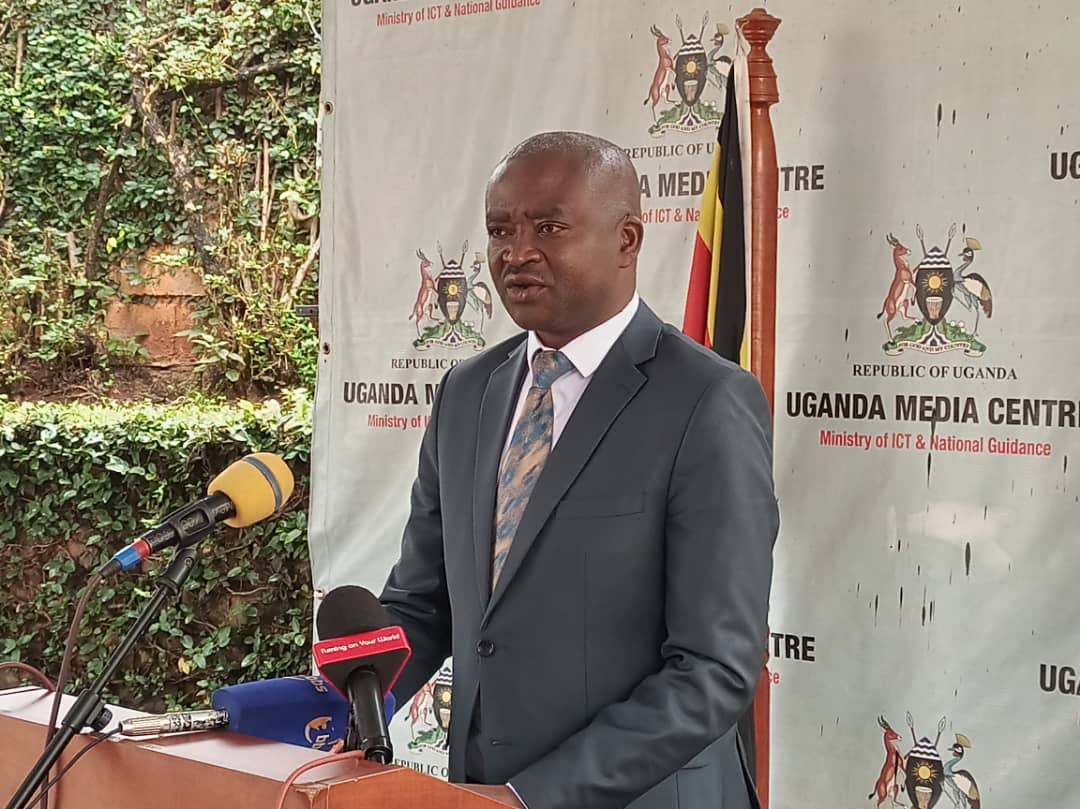Kumi Municipality MP Roots for Enhanced Social Protection

The Member of Parliament for Kumi Municipality, Silas Aagron, has said that there is a growing recognition of social protection as an effective strategy to combat poverty and vulnerability globally. This concept fosters economic growth by ensuring income security and facilitating access to vital services such as healthcare, education, nutrition, and other social services, ultimately promoting inclusive development and socioeconomic transformation.
Uganda’s Vision 2040 and National Development Plan III both emphasize the government’s commitment to expand social protection to enhance resilience against life’s uncertainties. To this end, the Ministry of Gender, Labour, and Social Development established the National Social Protection Policy in 2015, serving as a framework for implementing social protection programs in the country.
The foundation of the Social Protection agenda is rooted in the National Social Protection Policy of 2015, which encompasses all public and private interventions aimed at mitigating risks and vulnerabilities.
Addressing the media in Kampala, Member of Parliament Silas Aagron stressed the importance of raising awareness about social protection to combat poverty, inequality, and vulnerability. He urged the public to support efforts to amplify voices advocating for increased investment in social protection.
In Uganda, approximately 20.3% of the population lives below the poverty line, equating to around 8 million people. Moreover, 43% of the population, while not considered poor, faces a high risk of plunging into absolute poverty due to various shocks, such as chronic illness, disability, job loss, or crop failure resulting from unpredictable weather changes. Alarmingly, less than 2% of the population has access to health insurance, primarily provided by the private sector and community-based health insurance schemes. Furthermore, social protection coverage remains meager, at less than 4%, with only 0.7% of the GDP allocated for financing social protection, lagging behind neighboring countries like Kenya, Tanzania, and Rwanda.
Globally, climate shocks push up to 26 million people into poverty every year. In Uganda, between 2015 and 2022, various factors, such as drought, sharp commodity price changes, crop pests, livestock diseases, floods, and the impact of COVID-19, affected different segments of the population, leading to devastating consequences for individuals, households, and communities.
Silas Aagron also highlighted that only 18.05% of older persons receive a pension, while just 5.17% of the labor force contributes to a pension system. Approximately 43% of the population is economically vulnerable, as per the UNHS 2019/20 data.
The Government of Uganda, along with its partners, has made significant progress in providing direct assistance and establishing systems for effective and equitable social protection delivery. Key programs include the Social Assistance Grants for Empowerment (SAGE), the National Special Grant for Persons with Disabilities, the Special Enterprise Grant for Older Persons (SEGOP), and the Development Response to Displacement Impacts Project (DRDIP) targeting refugee hosting districts.
Additionally, there are initiatives like the National Social Security Fund (NSSF), the Public Service Pension Scheme, and various occupational and voluntary individual savings schemes for the informal sector. The government also offers social care and support services to orphans, the elderly, persons with disabilities, and others.
Despite these achievements, the goal of leaving no one behind and achieving the Sustainable Development Goals (SDGs) necessitates increased investments in social protection from both the government and development partners. To further this agenda, the Uganda Parliamentary Forum on Social Protection, in collaboration with key stakeholders, will host a national-level dialogue under the theme “Investment in social protection across the life cycle.” This dialogue aims to enhance awareness and understanding of social protection and pave the way for increased fiscal support for social protection in Uganda.
Expanding social protection in Uganda is expected to be self-sustaining by increasing government investment by the fiscal year 2030/31. These investments are projected to lead to higher household income, increased consumption, greater employment rates, and, consequently, additional tax revenue for future social protection interventions.


Comments are closed.